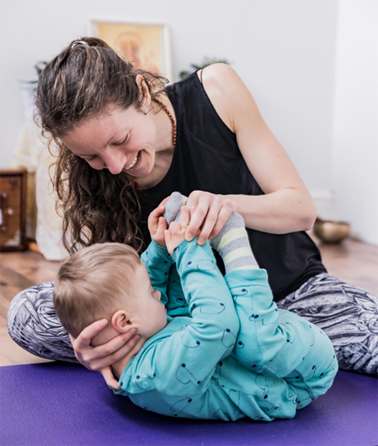
8TH AUGUST – a day to be feared. It is the day when British parents reach breaking point, throw a hissy fit, and tell the world and their families that school holidays suck.
This information reached me courtesy of Drayton Manor Park (which is around 40 miles from Nottingham City Centre) who commissioned a survey of 2000 parents.
The results prove that hell is indeed other people. On average, we can only sustain wall to wall contact with our family for 17 days before we have had enough and long for the school holiday to be over.
That’s not too bad. It’s more than two weeks. If you have been upbeat and good humoured for the first third of the holidays, give yourself a pat on the back but be warned, dark moments lie ahead.
Over the six to eight week break, the average parent will have to deal with 13 sibling fights, six public tantrums, 15 early morning wakeups, two cancelled childcare emergencies and five long car journeys.
As of tomorrow – August 8th 2019, many parents will stop enjoying the company of their offspring and start longing for September to arrive:
• One in five parents believe that the summer holidays are the single most stressful time of year
• 28% will attempt to limit screen time
• 17 percent of parents will be shouted at by their kids when/ if they succeed
• The average parent will be driven to HIDE from their little ones in a locked bathroom or bedroom at least six times over the holidays, just to get some respite
• 88 percent of parents believe they take school holidays more seriously than their own parents did
• 36 percent of mum and dads today say they feel guilty if they don’t have an activity planned every day
• Working parents are so stressed that 15 percent of parents are considering quitting their job. The rest are probably looking for overtime opportunities
• 90% of parents surveyed said they wished employers were more sympathetic to the plight of working parents during the summer break
Apparently, Nottingham is where parents cave in first. They gave up on 4th August, while the hardy folk in Belfast will be smiling grimly until the 12th
What does despair look like? Researchers found that 16 percent of parents reported that getting out of the house every morning is a major achievement so the prediction is that in the next month there will be seven days when everyone stays in their pyjamas all day.
For the cheerful and adventurous among you there is Drayton Manor Park. The yare offering the chance to win £500 and FREE entry to the park: www.draytonmanor.co.uk/competitions.

 Looking for awards to celebrate the achievement of some of those who work with children and young people?
Looking for awards to celebrate the achievement of some of those who work with children and young people? Autism with Attitude, a talented and successful street dance group based at the Uxbridge school, have made history by being the first ever special needs dance group to get to United Dance Organisations (UDO) European Championships. This year the championships are being held 11-13 May in Kalkar in Germany.
Autism with Attitude, a talented and successful street dance group based at the Uxbridge school, have made history by being the first ever special needs dance group to get to United Dance Organisations (UDO) European Championships. This year the championships are being held 11-13 May in Kalkar in Germany. The MahaDevi Centre offers 100 therapy sessions per week in the centre as well as treatment in schools, day centres, nurseries, hospitals and children hospices across London.
The MahaDevi Centre offers 100 therapy sessions per week in the centre as well as treatment in schools, day centres, nurseries, hospitals and children hospices across London. When I wrote the book
When I wrote the book  St John Ambulance believes that every young person should have the chance to learn vital lifesaving skills. Their research shows that seven out of 10 pupils wouldn’t know what to do if someone they knew was hurt. Children want to learn these new skills and parents are keen too. In fact, 95% of parents agree that these skills should be taught to secondary school pupils.
St John Ambulance believes that every young person should have the chance to learn vital lifesaving skills. Their research shows that seven out of 10 pupils wouldn’t know what to do if someone they knew was hurt. Children want to learn these new skills and parents are keen too. In fact, 95% of parents agree that these skills should be taught to secondary school pupils. Teresa Pearce, Labour Party MP for Erith and Thamesmead, proposed an Emergency First Aid Education Bill so that first aid, including CPR, would be taught in every state-funded secondary school.
Teresa Pearce, Labour Party MP for Erith and Thamesmead, proposed an Emergency First Aid Education Bill so that first aid, including CPR, would be taught in every state-funded secondary school. It is one of those things that is noticeable by its absence for example Gena who turns up with all the wrong things in her school bag. We all do this from time to time but not every day!
It is one of those things that is noticeable by its absence for example Gena who turns up with all the wrong things in her school bag. We all do this from time to time but not every day!